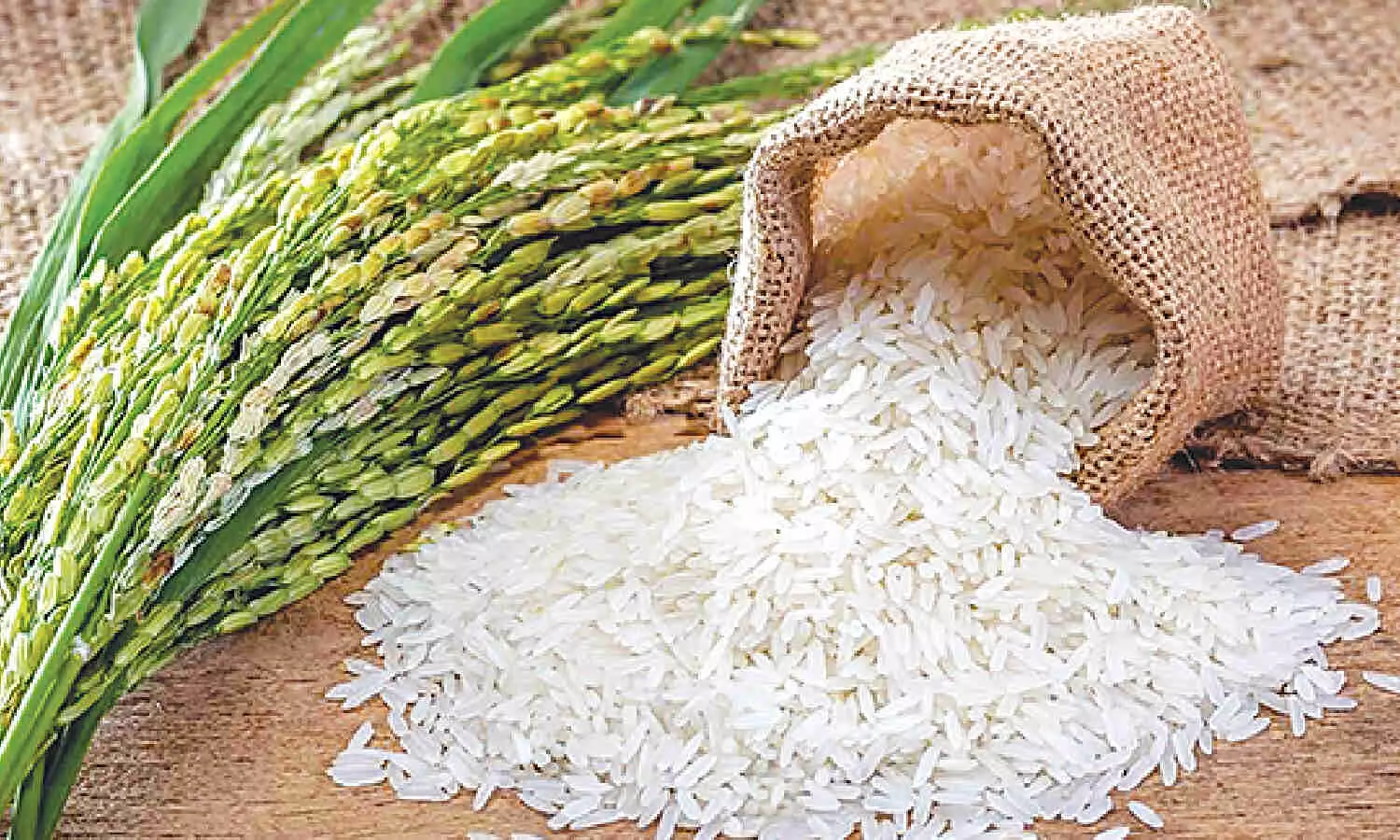Civil Society flags fortified rice distribution through PDS in Telangana; raises health concerns
Civil Society has written a letter to CM Revanth Reddy not to supply fortified rice through the Public Distribution System in Telangana
By Newsmeter Network
Telangana: Members of civil society have appealed to CM Revanth Reddy to not supply fortified rice in public distribution system as it is not good for health
Hyderabad: Members of Civil Society have appealed to Chief Minister A Revanth Reddy not to supply fortified rice through the Public Distribution System (PDS) in Telangana.
In a letter to the chief minister, the members said, “We understand the intent behind this initiative to address anemia and malnutrition. However, there are substantial reasons to believe that this approach may not only fail to achieve its goals but also pose serious risks to public health in the short and long run. The government’s pilot projects initiated in 2019 to assess fortified rice’s efficacy were incomplete, with nine out of fifteen projects not even operational by the time of the announcement in 2021.”
The Civil Society members further said that there is no data available from the pilot projects in the public domain which makes the scientific validity questionable. Despite being categorized as ‘high-risk’ by the FSSAI, there is inadequate quality monitoring of fortified rice kernels (FRK) and premix at the manufacturing units. The FSSAI’s standard operating procedures say that each batch of premix should be tested by a NABL-accredited laboratory but of the 15 laboratories listed, there is no single certified laboratory in Telangana.
None of the bags that are in distribution have the '+F' logo and the shelf life of the fortified rice is still under research as stated by the FSSAI quality monitoring division. The public perceives fortified rice as "plastic rice" due to its texture and taste, leading to sensory rejection and skipping meals, especially among children in government schools.
“Most importantly, iron fortification can harm individuals with certain conditions like Thalassemia, sickle cell anemia, and tuberculosis, which are prevalent and often undiagnosed among tribal and other vulnerable groups relying on PDS,” the members said.
The members also said that the fortification program is an impulsive large-scale experiment, jeopardizing the health of the most vulnerable sections of society who are dependent on the PDS. Additionally, this shift and discontent in government-run institutions may negatively affect school/college enrolment and participation, further deepening the socioeconomic challenges.
“We urge the government to prioritize evidence-based interventions like targeted supplementation programs, public health education, and improving access to diverse and balanced diets which would be way more cost-effective than the current fortified rice budget,” the members said.